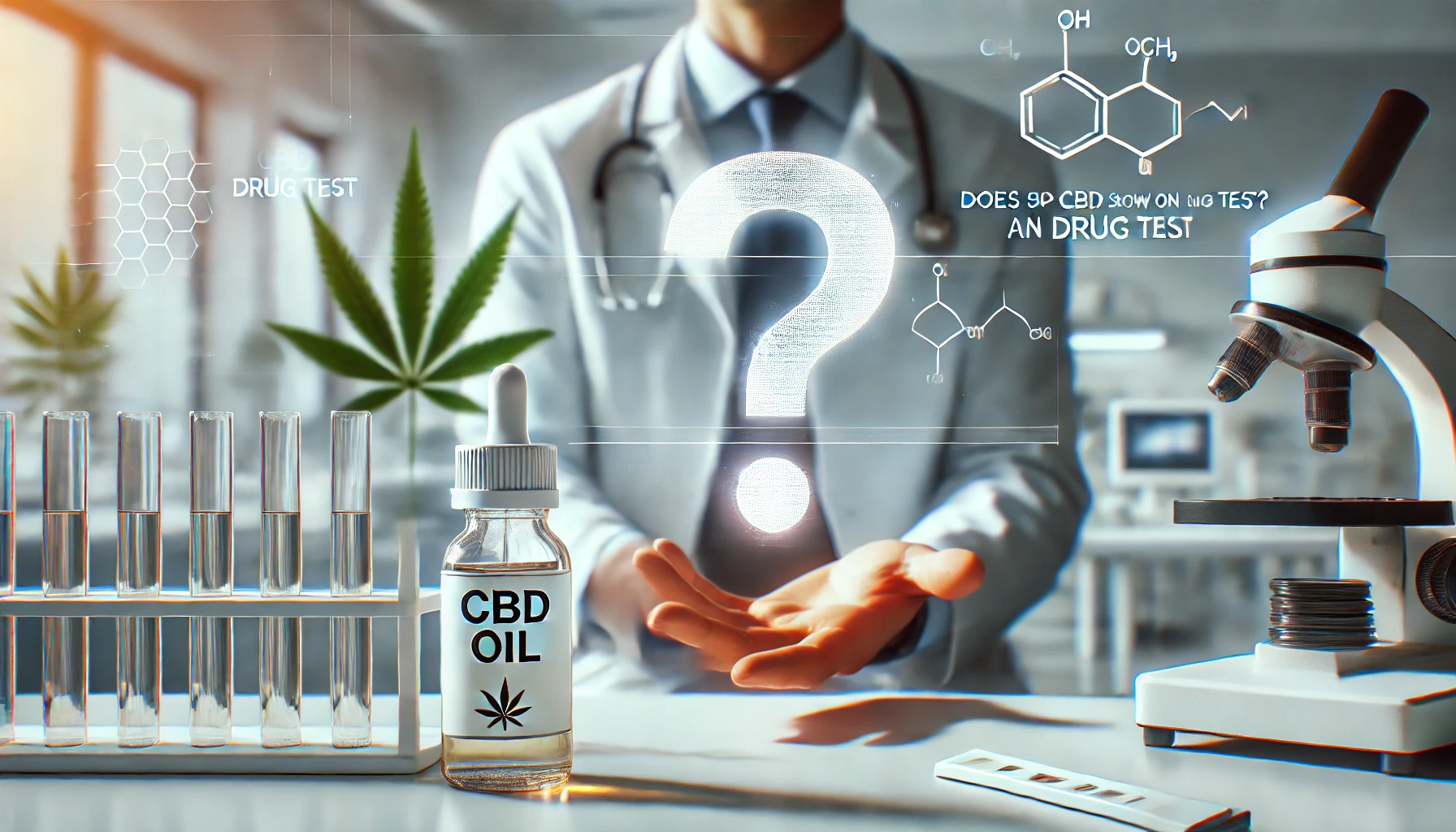Many people use CBD products to help with common issues like sleep regulation, pain management, or appetite loss. One common concern among both job applicants and employers is whether CBD can cause a positive drug test result, especially in safety-sensitive positions.
CBD and THC: The Basics
CBD, or cannabidiol, is a chemical compound found in the Cannabis Sativa plant. Unlike THC (tetrahydrocannabinol), CBD does not produce a “high.” THC is the compound responsible for psychoactive effects.
Does CBD Show Up on a Drug Test?
CBD itself is not the substance tested for in standard drug screenings. Most drug tests are designed to detect THC, not CBD. However, some CBD products may contain trace amounts of THC. This is due to contamination during manufacturing or incomplete removal of THC during refinement processes. While many CBD users may be unaware of these trace amounts, it’s possible that THC could appear in a drug test, leading to a positive result.
Different Types of CBD
To understand if CBD can result in a positive drug test, it’s important to differentiate between various types of CBD:
- Full-spectrum CBD: Contains all compounds found in the cannabis plant, including THC. While full-spectrum CBD can come from hemp, which naturally has lower THC levels, it may still contain enough THC to cause a positive drug test result.
- CBD Isolate: Contains only pure CBD, with all other plant compounds (including THC) removed. This reduces the risk of a positive drug test, though it’s still not completely guaranteed.
- Broad-spectrum CBD: Contains a variety of cannabinoids but no THC. Products in this category have a significantly reduced risk of triggering a positive test.
THC Levels and Drug Testing
Drug tests, particularly urine tests, are designed to detect THC, not CBD. However, trace amounts of THC in certain CBD products can show up on drug tests. Here are some common drug testing methods and their detection windows for THC:
- Urine tests: THC can be detected for up to 30+ days, depending on frequency of use.
- Hair tests: THC may be detectable for up to 90 days.
- Blood tests: THC is detectable for about 36 hours after use.
- Saliva tests: THC can be detected for up to 48 hours.
How long THC stays in your system varies based on factors like metabolism, age, and frequency of use.
How Much THC is Needed for a Positive Test?
For a urine test, the cutoff for a positive THC result is 50 nanograms per milliliter. While it’s unlikely, secondhand exposure to marijuana smoke could trigger a positive result under certain conditions.
False Positives and What to Do
False positives are rare but possible. If a positive result is detected, it’s important to request a second test. Often, further analysis can verify the accuracy of the result.
Key Takeaways
- Drug tests screen for THC, not CBD.
- Some CBD products may contain trace amounts of THC, potentially leading to a positive result.
- Full-spectrum CBD is more likely to contain THC, while broad-spectrum and isolate products pose less risk.
- Topical products are less likely to cause a positive test than ingestible CBD products like oils or edibles.
- False positives are rare but can happen.
Need Help with Drug Testing?
If you’re seeking reliable drug testing solutions for your organization, Checkr offers pre-employment screening services tailored to your hiring needs. Contact Checkr today to learn more.


